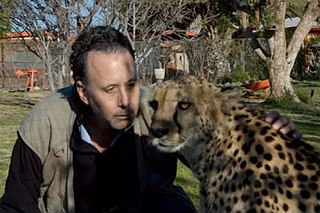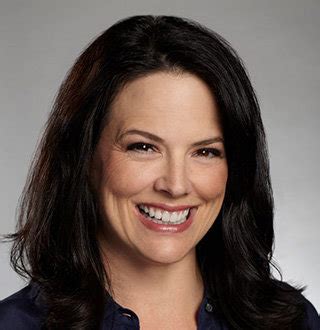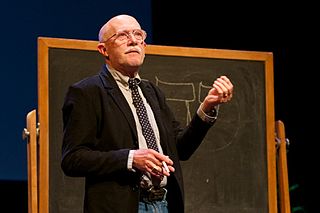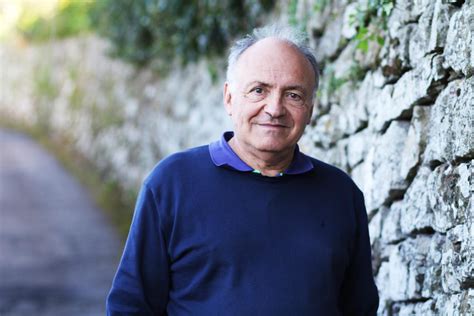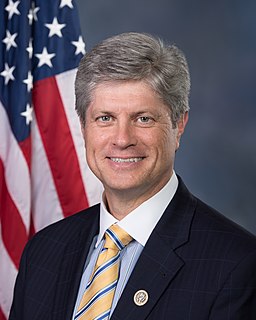A Quote by Michael Tobias
Codex Orféo is something you won't see coming at you, but it does. It's all about kindness to other species, and to one another. If we can work that out, the world will take care of herself.
Related Quotes
Any rational human being is horrified and existentially baffled by the reality of the Holocaust meted out by the Nazis, by the majority of Germans throughout the 1930s and World War II; and by the countless countries, communities and individuals who collaborated with the vast constellation of Hitler's monsters in the gruesome murder of well over 60% of European Jewry. Codex Orféo reminds us that the root of that insanity is continuing in the form of contemporary Holocausts against other species, with equally systematic, atrocious and inexplicable madness.
Friend, you cannot legislate the poor into freedom by legislating the wealthy out of freedom. And what one person receives without working for, another person must work for without receiving. The government can't give to anybody anything that the government does not first take from somebody. And when half of the people get the idea they don't have to work because the other half's going to take care of them, and when the other half get the idea it does no good to work because somebody's going to get what I work for. That, dear friend, is about the end of any nation.
Man wants to see nature and evolution as separate from human activities. There is a natural world, and there is man. But man also belongs to the natural world. If he is a ferocious predator, that too is part of evolution. If cod and haddock and other species cannot survive because man kills them, something more adaptable will take their place. Nature, the ultimate pragmatist, doggedly searches for something that works. But as the cockroach demonstrates, what works best in nature does not always appeal to us.
Researchers keep identifying new species, but they have no idea about the life cycle of a given species or its other hosts. They cut open an animal and find a new species. Where did it come from? What effect does it have on its host? What is its next host? They don't know and they don't have time to find out, because there are too many other species waiting to be discovered and described.
I write both, as you know, dozens of ecological and social scientific and historical works, dozens of novels. It's hard to describe a novel that grapples with the horrors of World War II as anything but grueling. But Codex Orféo is somehow...well, I hope, riveting for readers. Deeply provocative. Cinematic in a nearly surreal sense.
Mercy is to care, and care very deeply about one another. It is to care to the point where we are prepared to be involved with the sufferings and adversities of others. It implies that I am prepared to put myself in the other person's place. It means that I shall try to really understand why they behave as they do, even though it injures me. It is a willingness to walk a mile in the other man's moccasins before I criticize his conduct. It is the extension of good will, help, forgiveness, compassion and kindness to one who may not seem to deserve it.
Something similar happens on the other side of the equation: Giving kindness does us as much good as receiving it. . . . The true benefit of kindness is being kind. Perhaps more than any other factor, kindness gives meaning and value to our life, raises us above our troubles and our battles, and makes us feel good about ourselves.
I don't care what the press is about a person that I'm working with. I care about how they come to work every day. I don't care who broke up with who or who is sleeping with who or who went out where. I don't care what you do with your personal life. It's when people take their personal lives into a space where it affects their performance at work, that's when I would stop taking someone seriously.
